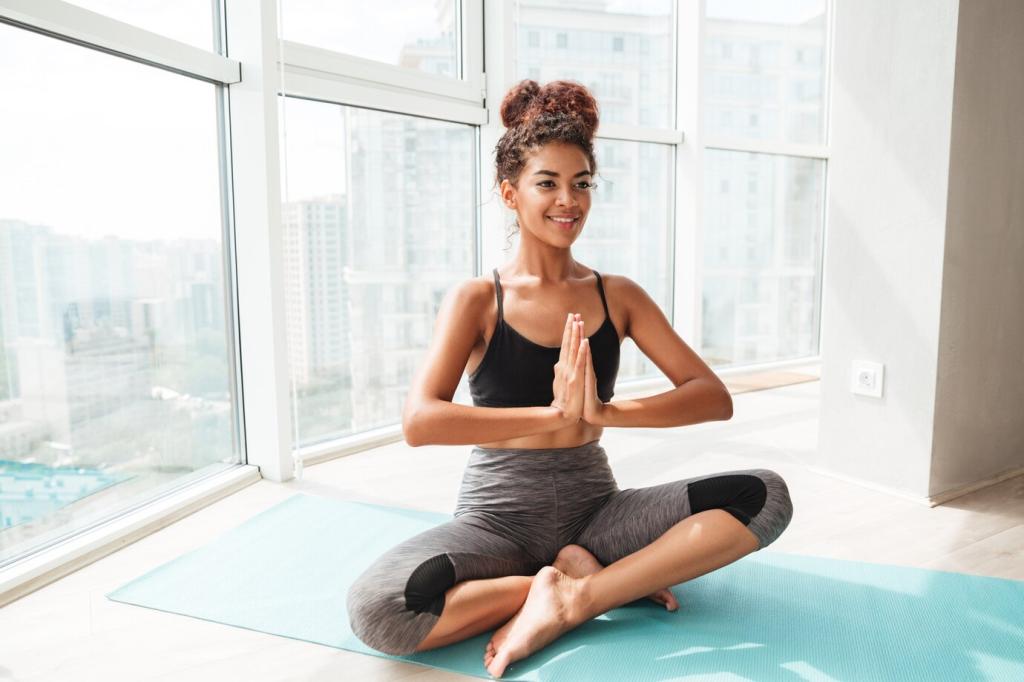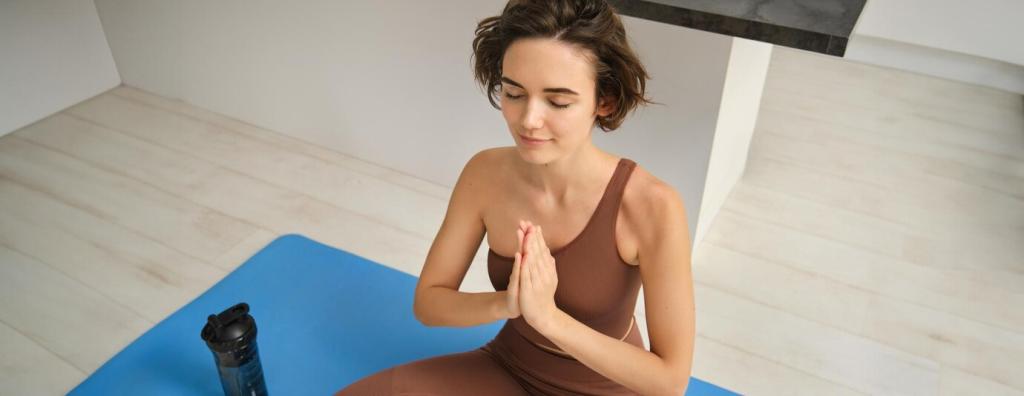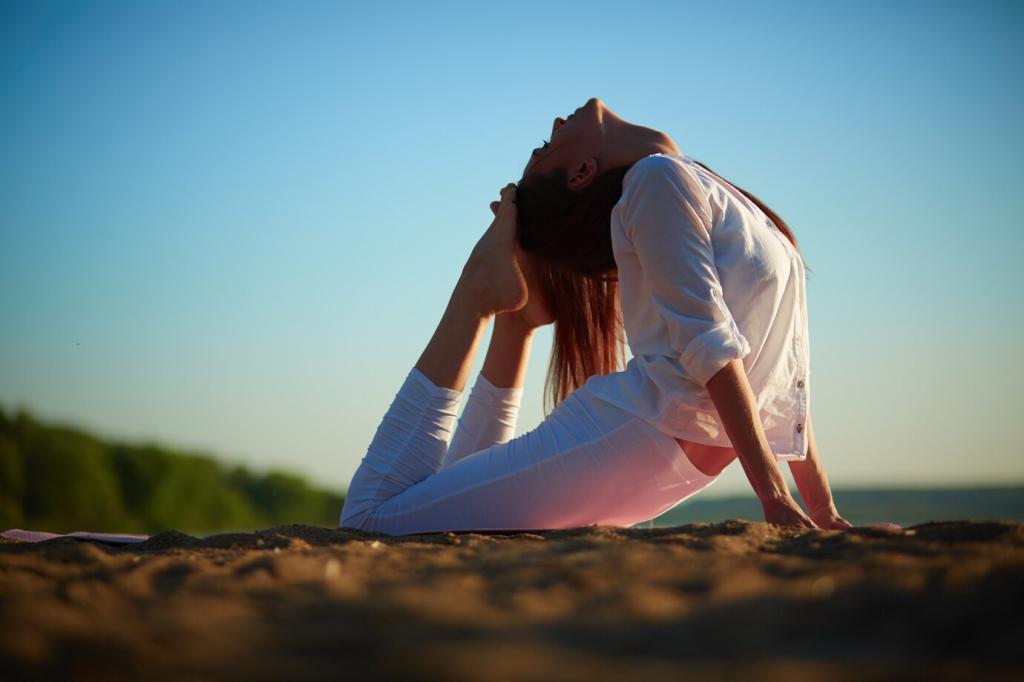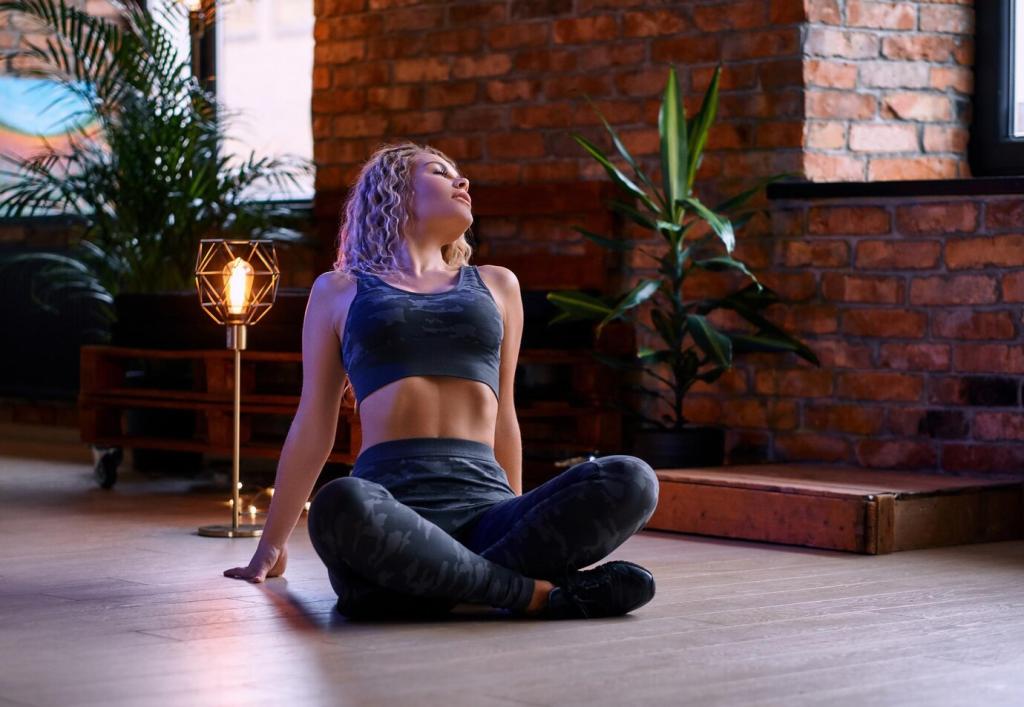Sleep and Mindfulness: Boosting Recovery and Performance
Welcome to our deep dive into Sleep and Mindfulness: Boosting Recovery and Performance. Here you’ll find evidence-based ideas, relatable stories, and simple practices to help you recover faster, think clearer, and perform at your best. Join the conversation, share your wins, and subscribe for weekly, actionable insights.

Why Sleep + Mindfulness Supercharge Results
Mindfulness calms the nervous system, reducing hyperarousal that disrupts sleep. Deep, high-quality sleep then repairs neural pathways, supporting attention and emotional regulation, which makes mindfulness easier tomorrow. Together, they amplify recovery and performance in a reinforcing cycle.
Daytime Mindfulness that Improves Nighttime Recovery
Schedule two mindful check‑ins: morning and afternoon. Notice breath, posture, and tension. Label thoughts briefly—planning, worrying, judging—then return to the task. Small regulation moments prevent stress from snowballing, protecting evening calm and reducing the urge to fix problems in bed.
Train, Recover, Perform: Applying the Theme to Work and Sport
Anchor training earlier when possible, avoid hard sessions late at night, and include a short, mindful nap when sleep debt accumulates. Keep naps under twenty-five minutes. A simple box‑breathing warm‑up steadies focus, while regular sleep consolidates motor learning from practice.


Train, Recover, Perform: Applying the Theme to Work and Sport
Run focused forty‑five‑minute work blocks followed by five mindful breaths and a ninety‑second walk. Label distractions gently and return. This cadence preserves attention, prevents burnout, and makes your evening wind‑down smoother, because the brain is not carrying unfinished agitation.


Nutrition, Light, and Environment—Mindful Choices for Better Sleep
Delay your first coffee ninety minutes after waking to align with natural cortisol. Set a firm caffeine cutoff eight hours before bedtime. Notice how different doses feel, and journal cravings with curiosity, not judgment. Share your ideal cutoff time to help others experiment.
Nutrition, Light, and Environment—Mindful Choices for Better Sleep
Chase morning sunlight outdoors; limit bright, overhead light at night. Replace harsh bulbs with warm lamps. Consider blackout curtains and a dim nightlight for trips. This mindful light diet reinforces circadian rhythms and makes falling asleep feel natural instead of forced.



